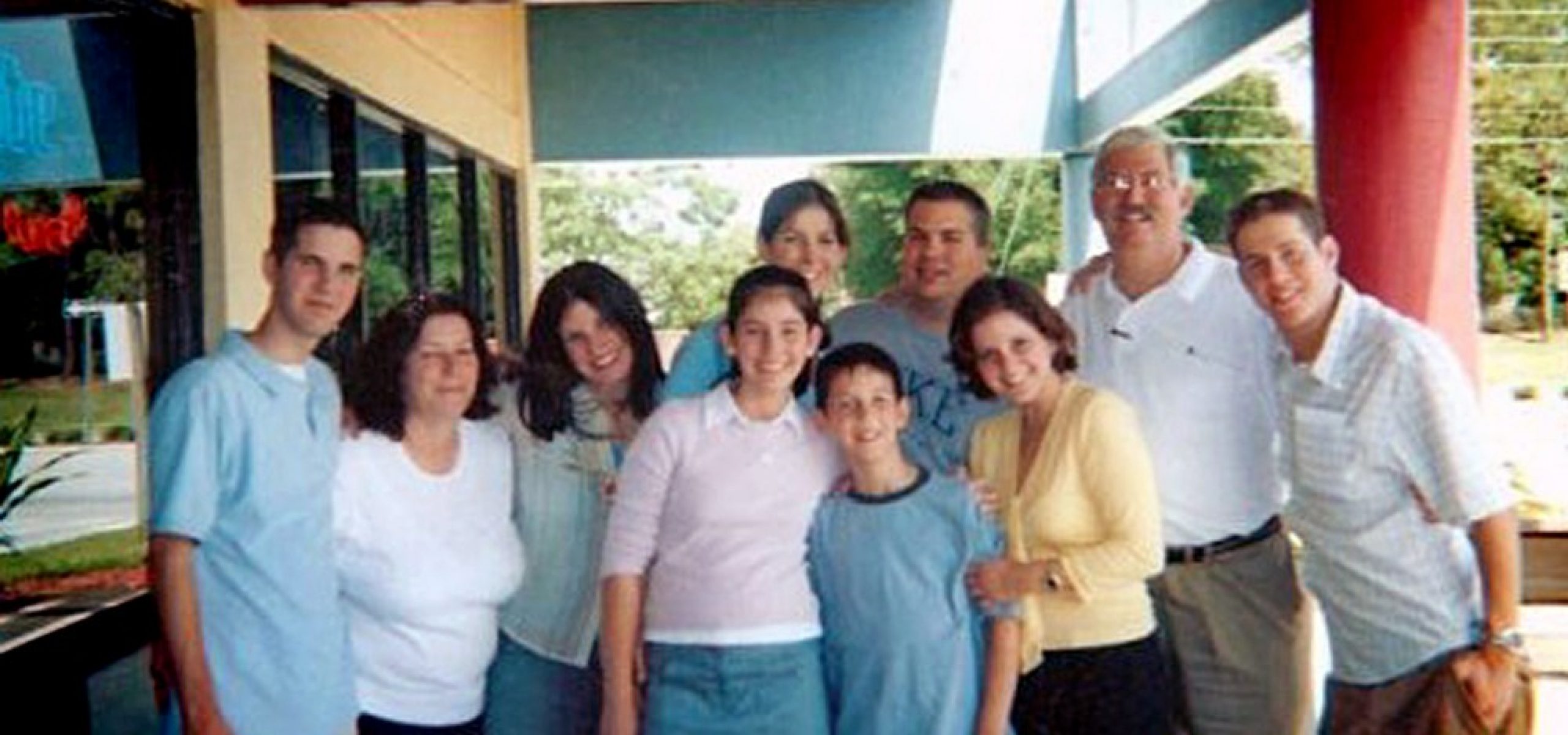Link to NY Times Article
By BARRY MEIER and ADAM GOLDMAN
MARCH 5, 2017
WASHINGTON — Last year, when the United States and Iran exchanged prisoners, Secretary of State John Kerry announced that the Tehran government had also pledged to help in the search for a long-missing American who had disappeared in Iran in March 2007.
To bolster that promise, Iranian officials secretly informed the Obama administration that they had received intelligence that the remains of an American had been buried in Balochistan, a rugged, lawless region in western Pakistan that borders Afghanistan and Iran. The remains, it was assumed, were that of the missing man, Robert A. Levinson, a private investigator and former agent for the Federal Bureau of Investigation who was also a part-time consultant for the Central Intelligence Agency.
But when the Pakistani authorities went to the supposed burial site, they did not find any remains. American officials concluded that the report, rather than a gesture of good will, was a gambit by Iran to further cloud its role in Mr. Levinson’s fate.
Today, a decade after Mr. Levinson vanished, the Trump administration faces a decision about what steps to take, if any, to bring a resolution of his case. As a candidate, President Trump vowed in 2015 to bring Mr. Levinson home, and the Levinson family has asked to meet with him in hopes he will take a more aggressive stance toward getting answers than President Barack Obama did.
While some American officials fear that Mr. Levinson died in captivity, his family remains convinced that he is alive and that officials in Iran know where he is.
“Iran knows exactly what is going on with Bob, and they need to tell the U.S.,” his wife, Christine Levinson, said in an interview last month.
A spokeswoman for the National Security Council, Jennifer Arangio, said in a statement that administration officials had contacted Mr. Levinson’s relatives to assure them that his case was a priority.
“The U.S. government will never cease its efforts to bring back our citizens who are unlawfully detained or missing overseas,” the statement said.
Mr. Levinson traveled to an Iranian island on a rogue mission to recruit an intelligence source for the C.I.A. on March 7, 2007. He has been seen since then only in a hostage videotape made in 2010 and a series of photographs. Mr. Levinson was 59 when he disappeared and had health problems.
For the past decade, Iranian leaders have repeatedly denied knowing anything about Mr. Levinson. But American intelligence and law enforcement authorities have long been convinced that elements of Iran’s political, religious or intelligence hierarchy such as the Islamic Revolutionary Guards Corps were involved in his detention and, possibly, his death.
While the 2010 videotape showing Mr. Levinson as a prisoner gave no hint about who was holding him, F.B.I. investigators concluded that the video was so artfully staged that it was probably made by a state-sponsored intelligence group such as a unit of the Revolutionary Guards Corps.
That videotape was also routed through Pakistan. Investigators believe the information about the burial of an American there was part of a continuing Iranian intelligence narrative meant to distance that country from Mr. Levinson’s case, according to American officials.
Mr. Levinson’s fate may have become entangled with that of a top Iranian spy who reportedly defected to the West in late 2006, not long before Mr. Levinson vanished.
On two occasions last year, Iranian diplomats, when pressed by their American counterparts about Mr. Levinson, asked for information about the Iranian operative, Ali Reza Asgari, former American officials familiar with those talks said. Iran has long been seeking to locate Mr. Asgari, who reportedly took secrets about Iran’s nuclear program to the West with him.
A former top officer in the Revolutionary Guards, Mr. Asgari went missing while on a trip to Istanbul. There was speculation at the time of Mr. Levinson’s disappearance that he was seized in revenge for Mr. Asgari, but intelligence officials have played down that link. Nonetheless, Iran officials have long been hunting Mr. Asgari and for years have mentioned his name in connection with Mr. Levinson.
Mr. Kerry, in a meeting in September with Iran’s foreign minister, Mohammad Javad Zarif, brought up Mr. Levinson, saying that the United States wanted a “resolution” of the missing American’s case, even if the information showed that Mr. Levinson had died.
Those talks, which were unsuccessful, also involved efforts to resolve the cases of two Iranian-Americans: Siamak Namazi, a businessman in his 40s, and his father, Baquer Namazi. They are in an Iranian prison after their sentencing last fall on charges of spying and cooperating with the United States government. American officials have said the charges are false.
In December, the United Nations Working Group on Arbitrary Detention issued an opinion, based on information supplied by Mr. Levinson’s family, that Iran had illegally arrested and detained the investigator. The Iranian government, which was provided with a copy of the United Nations group’s finding, did not respond.
During his final years in office, Mr. Obama repeatedly said that bringing Mr. Levinson home was a priority. But his administration never publicly confronted Iran over its denials about Mr. Levinson or made public evidence gathered by the F.B.I. during its decade-long investigation of his case.
The Obama administration’s former special presidential envoy for hostage affairs, James O’Brien, said he could not discuss specifics related to talks with Iran about the missing investigator. But he insisted that American officials had “raised his case at every opportunity with the Iranians and tried everything we could think of to bring him home.”
One of Mr. Levinson’s daughters, Sarah Moriarty, said that she was hopeful that Mr. Trump would make her father’s case a priority in all talks with Iran, which she said the Obama administration did not do.
“They didn’t get him home,” Mrs. Moriarty said. “They failed.”
